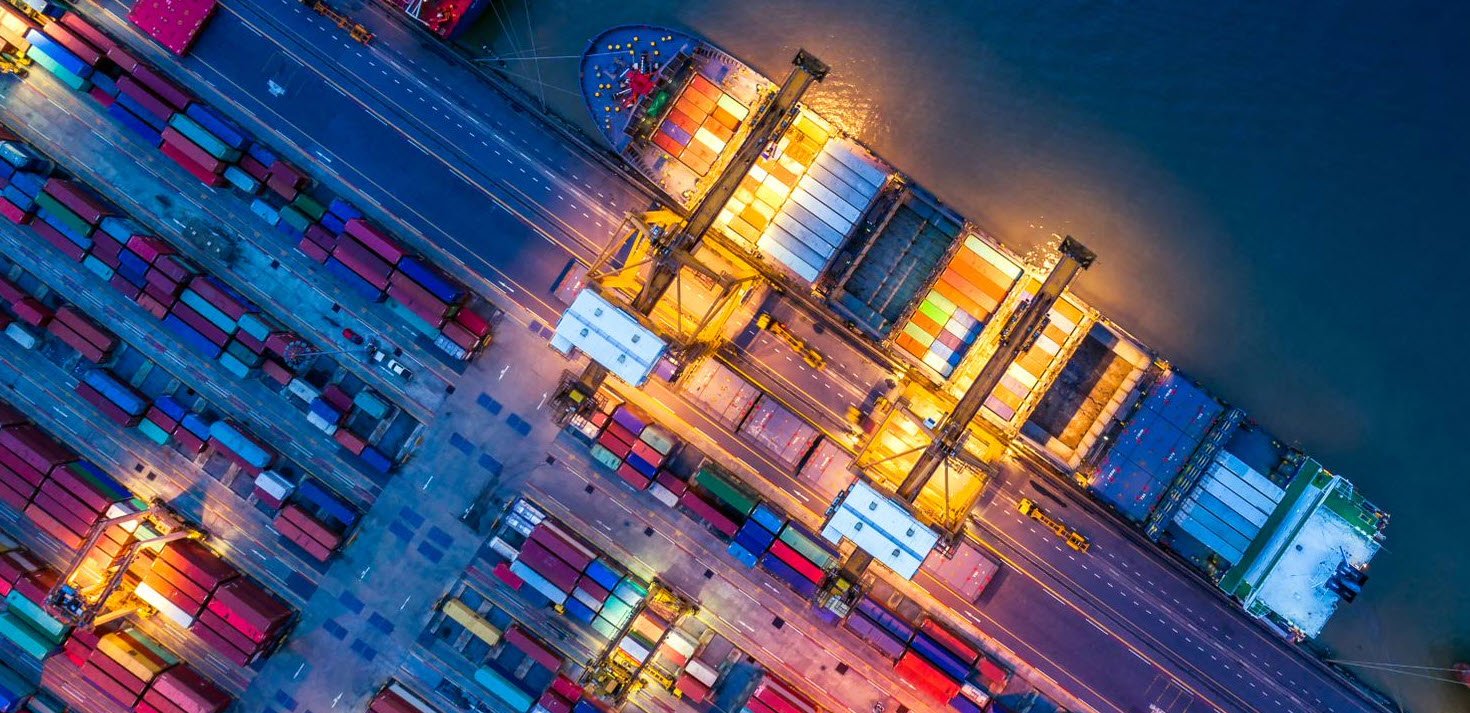World Trade Organization (“WTO“) Members laid out several key principles for determining the customs value of imported goods in the 1995 Customs Valuation Agreement (“CV Agreement“) with the aim of ensuring that the value of Members’ tariff concessions would not be nullified or undermined. Nonetheless, the WTO is – incorrectly – seldomly considered as a relevant forum for addressing customs valuation issues.
This blog post highlights two avenues at the WTO for dealing with customs valuation: (1) the WTO Committee on Customs Valuation (“Committee“); and (2) enforcement of the CV Agreement through the WTO’s dispute settlement mechanism. These avenues show that companies that face systemic and/or persistent customs valuation issues should consider the WTO to resolve these issues.
- WTO Committee on Customs Valuation: Notifications and multilateral discussions
The Committee is essentially a forum for Members to “consult on matters relating to the administration of the customs valuation system by any Member.”[1]
As one basis for these discussions, Members are required to notify their national customs valuation legislation, including any changes to rules and their administration, to the WTO.[2] These notifications give all Members an opportunity to ask questions and engage in a discussion at the Committee. As 111 Members have notified national legislation at the time of writing, the notifications play an important role in furthering transparency on customs valuation. Furthermore, the WTO scrutinizes the valuation practices of all Members during its regular Trade Policy Review mechanism.
The Committee also provides an important avenue for Members to raise and discuss any customs valuation issues their importers encounter when dealing with other Members’ customs authorities. Similarly, the Committee allows Members to share their experiences and build upon each other’s best practices. For example, at the Committee meeting of 24 May 2023, China, Ecuador and India shared how they addressed opportunities and challenges regarding the implementation of the CV Agreement since the start of the Covid-19 pandemic in 2020.
- Dispute settlement mechanism: Clarification of multilateral customs valuation obligations
In addition to discussions at the Committee, Members can also raise customs valuation issues by bringing a WTO dispute to enforce provisions of the CV Agreement.
The textbook example is Thailand – Cigarettes (Philippines) (DS371), adispute between Thailand and the Philippines regarding customs valuation procedures for imported cigarettes. In this dispute, the Philippines challenged certain Thai fiscal and customs measures that affected imports of cigarettes from the Philippines. The Philippines successfully challenged the Thai practice of not using transaction value as the primary basis for customs valuation but instead using a valuation method that did not have a basis in the CV Agreement.
In its ruling in this dispute, the WTO panel clarified the obligations under the CV Agreement. More specifically, the panel found that, even though customs authorities are allowed to examine the circumstance of related-party transactions to determine whether the declared transaction value is acceptable (i.e., whether the transaction was at arms’ length), they must follow the procedural obligations in the CV Agreement. This includes the obligation for customs authorities to communicate the grounds on which they reject the declared transaction value and to provide the importer with an opportunity to respond.[3] In addition, the panel found that Thailand failed to apply the deductive valuation method in accordance with the principles set forth in the CV Agreement: Thai customs authorities had not deducted certain expenses and had not consulted the importer for further relevant information.[4]
After losing the dispute, Thailand stated that it would implement the rulings of the panel and the Appellate Body. However, in the years after, a bout of compliance and retaliation litigation was initiated, in which panels and the Appellate Body found that Thailand had failed to properly implement the rulings. With the aim of resolving the dispute, the Philippines and Thailand agreed to facilitator-assisted discussions. These discussions appear to be at least somewhat fruitful, as the parties signed an understanding with agreed procedures towards comprehensively settling the dispute on 7 June 2022.[5]
[1] Article 18 of the CV Agreement.
[2] Article 22 of the CV Agreement.
[3] Article 1.2(a) of the CV Agreement.
[4] Articles 5 and 7 of the CV Agreement.



